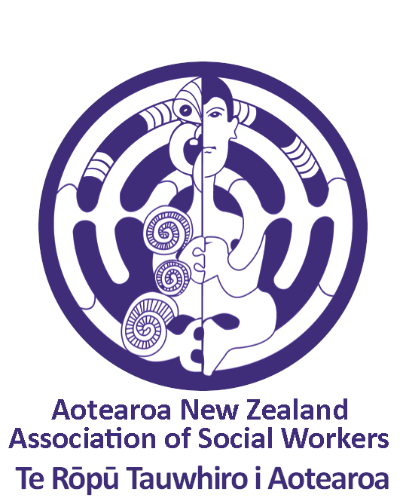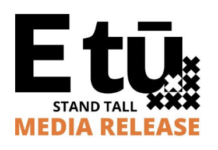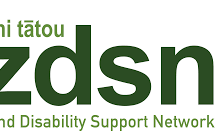ANZASW is pleased to respond to the 2020 budget (released on May 14th 2020). Whilst the last few months have seen substantial Government response and fiscal support to individuals and organisations, in the words of Finance Minister Grant Robertson “it is just the end of the beginning”. The reality is that there is a long road of recovery ahead.
ANZASW commends the Government on its investment into both the Supporting Disabled New Zealanders to Live Good Lives initiative and the Keeping Community-Based Services Open for Disabled People initiative. We further support the allocation of resources in providing support to the victims of elder abuse through the Ensuring Continued Access to Response Services for Victims of Elder Abuse initiative.
ANZASW supports the investments made into addressing and reducing Aotearoa’s family violence through the Ensuring Continued Access to Specialist Services for Perpetrators of Family Violence and the Ensuring Access to Specialist Services for Victims of Family Violence initiatives. These initiatives offer support to those affected by family violence through services such as advocacy, one-on-one and group support, non-violence programmes and counselling to address the behaviour perpetrators as well as strengthening refuges and providing safe houses.
It is also encouraging to see the establishment and operations of the Independent Children’s Monitor which will enable the strengthening of independent oversight of Oranga Tamariki and other children’s issues. This initiative aims to build trust in State care for children and young people. ANZASW CEO Lucy Sandford-Reed highlights that “experiences over the last 12 months has indicated that a role of this type is needed”.
However, Sandford-Reed notes that “given the research last year identified a $633 million deficit in NGO funding the $57 million invested into the Supporting Social Service Delivery for Community Services Providers initiative is very disappointing and will maintain the significant salary gap between social workers in Statutory organisation and social worker in the NGO sector”.
It is of further concern to see no reassessment or increase in benefit payments and with the drastic increase in people currently seeking the benefit it is of huge concern. It is expected that New Zealand’s unemployment rate will rise from the pre-COVID-19 level of four percent to nine percent post-lockdown. Approximately 1000 people are applying for social welfare per day. Current net job-seeker benefits range from $250 per week for those who are single and over 25 to $428 per week for a married or de facto couple with children. The Welfare Expert Advisory Group have stated that this is nowhere near enough to get by on a comment that is supported by the fact that these benefit rates fall below both the living and minimum wages.
Sandford-Reed deems it “morally wrong and unethical” to not adequately support our countries most vulnerable. Following last week’s statement by Prime Minister Jacinda Ardern that “we must not allow inequality to take hold in our recovery. In fact, we need to take this opportunity to improve the prospects of all New Zealanders and tackle those longstanding divisions”. ANZASW strongly supports this remark and actively demands that more is done to reassess the financial support available to people to assist them in navigating the uncertainty of the future with a sense of dignity and respect.
While ANZASW supports and recognises the current necessity of the funding into food banks and food in school initiatives we propose that such funding does not address the fundamental issues of inequity within Aotearoa. With huge increases in the number of people applying for the benefit, it is disheartening to see the amount they receive is not aligned with the basic costs of living.
Income support remains an area that is expected to see further future investment and ANZASW strongly advocate for such changes to be made to protect and support our countries most vulnerable.





